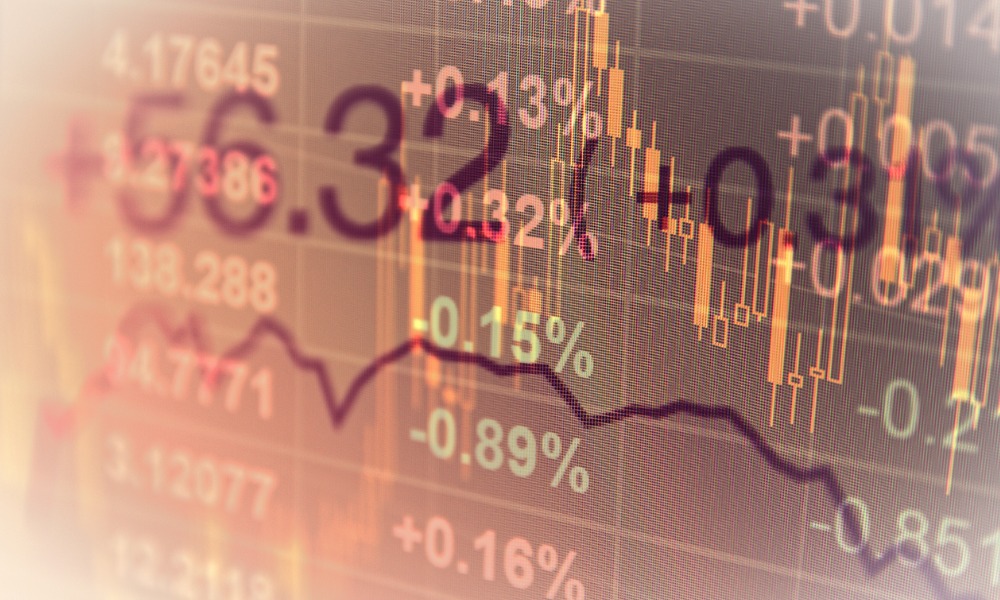Manager of global dividend fund is sticking to his long-term principles but sees opportunities in these unprecedented times

The investment times we live in are so extraordinary that even a bottom-up, fundamental stock picker is “gingerly” tilting his portfolio towards taking a more macro view.
Darren McKiernan, SVP Investment Management and Head of the Mackenzie Global Equity & Income Team, manages the MacKenzie Global Dividend Fund, believes nobody can bury their head in the sand and pretend the world is going to continue as it is.
He told WP that while the economic reopening, or prospect of, and fiscal and monetary policy doesn’t drive every investment decision, it’s something he has gently leaned into as he positions the fund for the coming years.
Quite simply, given the current environment, he’s had to, but don’t take that as a sign the fund has forgotten its mandate. The core three-pronged focus remains the same. It continues to target high-quality dividend paying companies anywhere in the world and across different industries. The fund is also style agnostic, meaning it features companies from both ends of the value-growth spectrum, and it will always have a dividend yield higher than its MSCI benchmark.
He explained: “Over the past couple years, with it being very much a growth market, the fact that the fund has had a slightly higher dividend yield than the benchmark has actually been helpful because if you'd just gone and bought a bunch of cheap, high-dividend paying companies, performance would have been really, really tough.
“That is where I think real our differentiator versus other dividend funds comes in – that flexibility of yield. You do get superior yield than you would by owning a passive benchmark.”
That ethos remains unchanged but the world certainly has. McKiernan has always been uber careful over the years not to stray from the fundamental stock picking process into macro forecasts, which he says are often a "fool's errand". However, the current environment has prompted a slight tilt.
The impetus is, of course, the pandemic, and the response from governments around the world, which has surpassed the global financial crisis and any world wars. Add in a 50-year high in terms of household savings and anecdotal pent-up demand to travel and eat out again, and it doesn’t take a genius to know that inflation will run hot over the next year.
So, while sticking to his fundamental philosophy, McKiernan has added to certain positions and brought in names that are more levered to global GDP growth and higher interest rates.
JP Morgan is one of its biggest holdings, while it also added U.S. Bancorp, which was hit disproportionately by the pandemic. McKiernan is also investing in names that are positioned to rebound strongly once the economy reopens like Diageo, a beer and spirits company hit by the closure of bars, restaurants and stadiums, and the French jet engine manufacturer, Safran, which has suffered, of course, from the reduction of commercial travel.
Then there are companies like Amadeus, a software company that manages reservations for airlines and hotels, and Disney, the world-famous entertainment behemoth that was forced to close down its theme parks.
McKiernan said: “We were actually purchasing Disney shares the day they closed the parks down. In hindsight, why wouldn’t you? But it wasn’t an easy decision at the time.
“For one of the very few times in my career, we’ve actually taken a bit of a macro view and slightly calibrated and tilted the portfolio towards businesses we predict will benefit disproportionately as the economy reopens.”
One of the fund’s biggest advantages is time horizon, focusing on what a business will look like 10 years out. For McKiernan, this is crucial to create the compounding effect. With a consistent high-return investment capital, durable free cash flow that can be reinvested, if you get 4-5% top-line growth and a little margin expansion, you can generate a fantastic return, he said.
“We really spend a lot of time thinking, is this business going to be bigger 10 years from now? Are the underlying economics going to be changing significantly? And if they do, we can't justify paying 10 times earnings or three times earnings if we have questions about what the long-term underlying economics are going to look like 10 years from now.”
He added: “We get excited when we think the market is overly discounting a company's ability to continue to generate high returns, high free cash flows at high margins looking out over three or five years.
“The market cares about what's going to happen over the next 12 to 18 months – and that's typically been when we've had our biggest opportunities. When the market is worried about what's going to happen in six months’ time, that's why we were able to buy Disney at $85 a share in March.
“The market is underestimating the degree of improvement in the macro economy, and we're investing in businesses we think are positioned to do well in a growing economy.”



